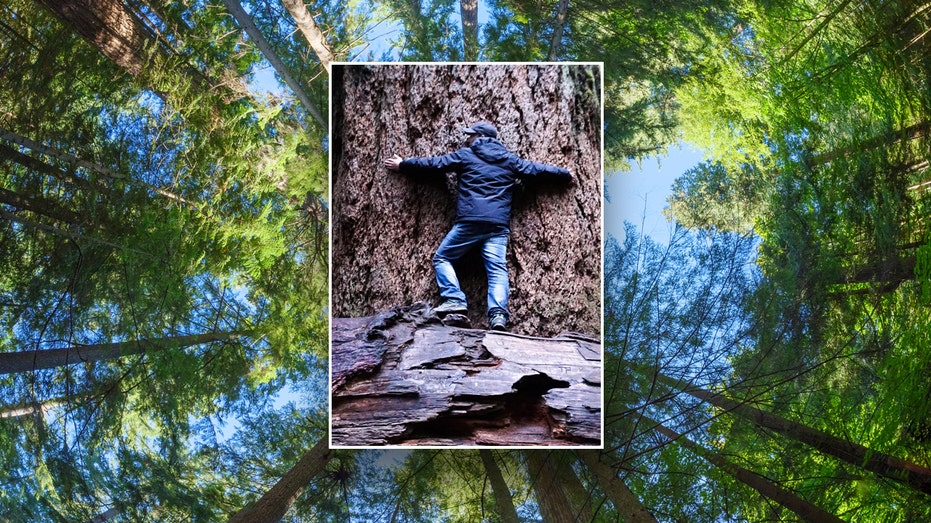- by foxnews
- 26 Nov 2024
Please don't call the cops on mating manatees, Florida sheriff's office says

A Florida sheriff's office is urging beachgoers to give manatees some privacy - and to not call the police on their distinctive mating displays.
The Pinellas County Sheriff's Office posted a video of a group of the sea creatures gathered near the shore last Saturday.
"If you see this, no you didn't," joked the office in the caption.
"We get calls all the time from citizens when they see this, believing the manatees are in distress. We can assure you they are more than fine," the post goes on.
The waters around Florida are home to thousands of manatees, large marine mammals that have lived in the area for millions of years.
And in the summer months, the "sea cows" form "mating herds," often in shallow waters close to the shore, according to the Florida Fish and Wildlife Conservation Commission.
"Manatee mating herds are interesting to watch as several bulls (males) pursue a cow (female) until she is ready to mate," says the commission on its website. "For your safety, watch these mating herds from a distance as the animals are focused on mating and do not heed intruders in their midst."
The Pinellas County Sheriff's Office assured residents in its Facebook post that manatees seen in these gregarious herds are "a-okay."
"So if you see this, there's no need to call," they wrote.
The sheriff's office also reminded Floridians that touching or disturbing manatees is both illegal and dangerous. The species is protected under the Marine Mammal Protection Act of 1972, the Endangered Species Act of 1973, and the Florida Manatee Sanctuary Act of 1978. Violating federal protection laws for manatees can incur fines up to $100,000 or up to a year in prison, according to the Florida Fish and Wildlife Conservation Commission.
Manatees breed throughout the year, but they're most active in the summer, says the commission. The mothers will gestate their young for 13 months and the calf typically stays with its mother for up to two years.
- by foxnews
- descember 09, 2016
The world's oldest Douglas fir trees have lived over 1,000 years
The Douglas fir, the state tree of Oregon, can grow incredibly tall and live impressively long. The oldest Douglas fir trees have lived to be over 1,000 years old.
read more


